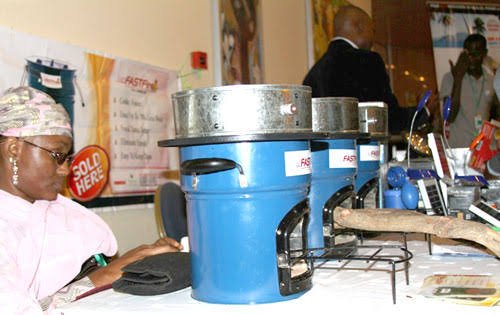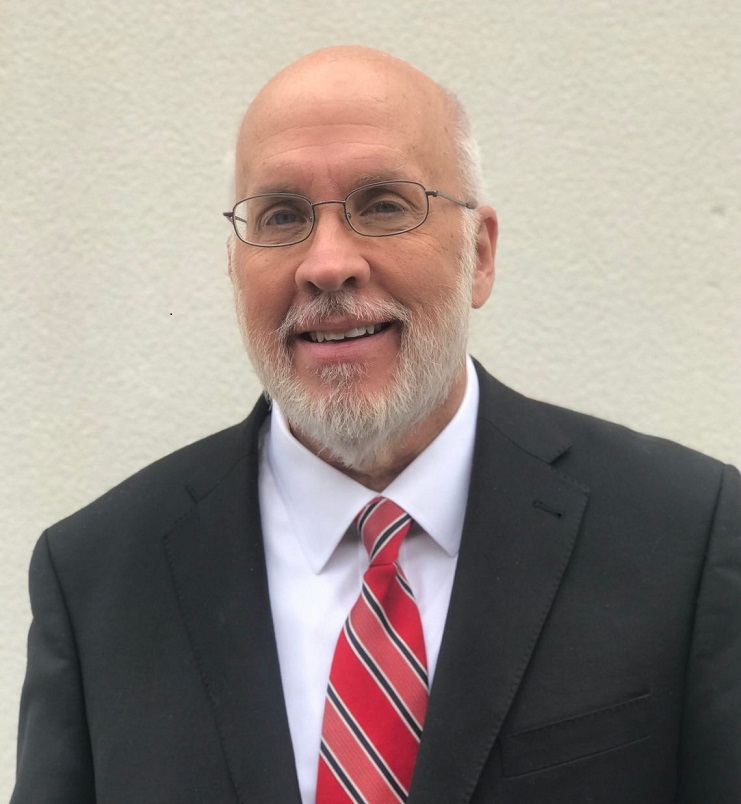Lagos State is stepping boldly into the future of climate action with a groundbreaking clean energy initiative aimed at delivering healthier lives, job creation, and over $1 billion in revenue through its planned carbon credit market. The government, in partnership with Green Plinth Africa, has activated the distribution of clean cookstoves, starting with the Makoko community an informal settlement on the Lagos waterfront.
The initiative, part of Nigeria’s wider 80 Million Clean Cookstoves Project, is a UNFCCC-recognised effort designed to reduce greenhouse gas emissions by distributing 80 million improved cookstoves to households across Nigeria. Lagos State has committed to deploying eight million of these cookstoves across all 57 local government areas and LCDAs, starting June 30.
At the launch event in Makoko, the Special Adviser to the Governor on Climate Change and Circular Economy, Titilayo Oshodi, described the project as a turning point for climate action in Nigeria’s most populous city. According to her, the project not only addresses indoor air pollution and deforestation but also empowers communities with a clean, efficient, and safe alternative to traditional cooking methods.
The Lagos government is giving the cookstoves to residents at no cost, but each use generates carbon credits. These credits, certified under international climate frameworks, can be traded on the soon-to-be-established Lagos Carbon Exchange (LCX). With the exchange in place, the state expects to generate over \$1 billion in revenue within 15 years by trading approximately 1.2 million carbon credits.
According to Oshodi, these funds will be reinvested in green infrastructure, community development, and environmental sustainability projects. “This is more than just cleaner cooking; it’s about dignity, development, and a sustainable future,” she said during the activation. “It’s a gift to the people, starting from Makoko, in honour of Governor Sanwo-Olu’s 60th birthday.”
Residents of Makoko welcomed the initiative with gratitude and hope. Women, who bear the brunt of smoke-related illnesses from firewood and charcoal use, expressed relief over the faster, cleaner, and safer alternative. One of the beneficiaries, Mrs. Biodun Wusa, who hosted the live demonstration in her kitchen, described the experience as “life-changing.” She praised the government for giving her community a head start in the clean energy transition.
Local men and community leaders also praised the initiative, saying it would create jobs for young people through the production and distribution of cookstove materials like briquettes. Others highlighted the importance of health, economic relief, and environmental restoration the project brings.
The initiative aligns with the Paris Agreement and supports at least ten Sustainable Development Goals, including climate action, gender equality, good health, and sustainable cities. By drastically reducing fuelwood consumption, it lowers deforestation and carbon emissions, tackles respiratory illnesses caused by smoke, and strengthens sustainable land use across Lagos.
The LCX, when fully operational, will make Lagos the first subnational government in Africa to run a certified carbon exchange. Under its 80 Million Credit Float Project, each local government in Lagos is expected to receive N1 billion annually to support green initiatives such as clean energy access, recycling, and eco-friendly infrastructure.
This massive rollout is not only a bold climate action measure but a socioeconomic intervention that touches lives at the grassroots while positioning Lagos as a climate finance hub in Africa. The state is also collaborating with agencies such as the UNFCCC, the National Council on Climate Change, and local partners to ensure compliance, transparency, and efficiency in delivering results.
With over 180 million Nigerians still lacking access to clean cooking fuels and technology, the Lagos initiative sets the tone for national transformation. It presents a practical solution that brings economic, environmental, and health benefits—all rooted in the promise of a greener, more inclusive future.










